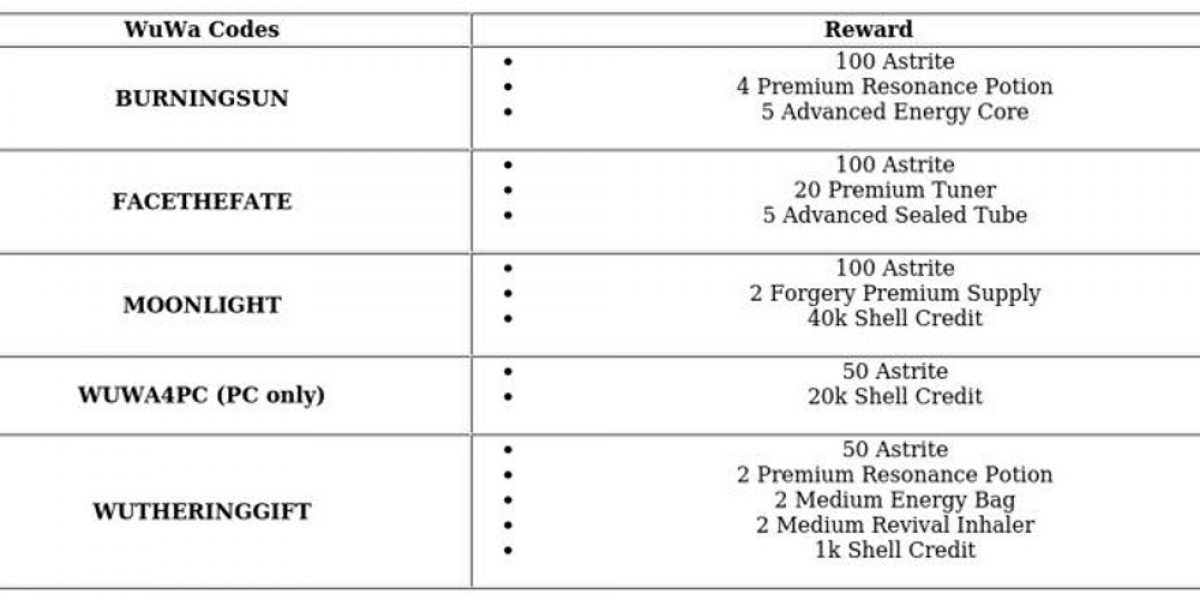Swine Health: Industry Focuses on Disease Prevention and Biosecurity Enhancements
The global livestock industry is placing increased emphasis on swine health, driven by rising demand for pork, increased biosecurity threats, and evolving animal welfare standards. With swine production serving as a major economic contributor across regions like North America, Europe, and Asia-Pacific, governments and producers alike are ramping up efforts to prevent outbreaks and improve overall herd health.
According to recent veterinary reports, respiratory diseases, swine influenza, and Porcine Reproductive and Respiratory Syndrome (PRRS) continue to be the leading causes of illness in pigs, severely impacting productivity and leading to economic losses. In response, stakeholders across the swine health value chain are investing in advanced diagnostics, vaccines, and biosecurity technologies.
Pharmaceutical companies are at the forefront of innovation, with key players such as Zoetis, Boehringer Ingelheim, Elanco, and Ceva Animal Health introducing novel vaccines and immune modulators tailored to common swine pathogens. These therapeutics are being integrated with real-time monitoring systems that help veterinarians make data-driven decisions in farm management.
Recent initiatives in swine health include collaborative research programs between academic institutions and agritech companies. In countries like the U.S., Canada, and China, public-private partnerships are accelerating the development of rapid diagnostics to detect swine diseases early. The use of AI-powered predictive models to forecast disease outbreaks is also gaining momentum.
In parallel, governments are tightening animal health regulations, emphasizing traceability, regular screening, and movement restrictions to mitigate the spread of infectious diseases. For instance, the European Union’s updated Animal Health Law mandates stronger disease surveillance, which directly supports the swine health ecosystem.
One of the growing concerns remains the threat of African Swine Fever (ASF), particularly in regions like Southeast Asia and parts of Eastern Europe. While no commercially approved vaccine for ASF exists yet, field trials are ongoing, with promising results expected in the next two years.
The focus on preventive healthcare is also transforming traditional swine farming into a tech-enabled sector. Smart farm solutions, IoT devices, and wearable biosensors are now being deployed to monitor animal behavior, detect anomalies, and ensure timely intervention. These technologies are increasingly seen as essential in maintaining optimal swine health under intensive farming conditions.
Furthermore, consumer interest in antibiotic-free meat products is driving producers to adopt natural alternatives, including probiotics, phytogenics, and enzyme-based feed additives. These solutions aim to support gut health and immunity in pigs without contributing to antimicrobial resistance.
Looking ahead, experts forecast that the swine health market will continue to expand, supported by rising pork consumption, increased investments in animal research, and evolving farming practices. The market’s trajectory will depend on the sector’s ability to balance productivity, sustainability, and disease control through innovative and integrated health strategies.








